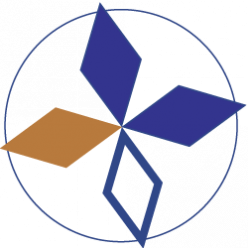Many managers think their power comes from the conscious mind, so they put lots of effort into building their thinking skills, especially analysis.
Most of their power comes from their subconscious mind and this can be a powerful friend or a powerful enemy. Without realising it many managers sabotage themselves.
About 90% of what managers do is done at the subconscious level. It’s all about the pictures they hold about themselves, the words they use, and the habits they adopt. It’s about trusting their gut feelings, intuitions and listening to their bodies.
Here is what the best managers do:
- They deliberately develop positive rituals because they know about 90% of what they do is done at a subconscious level based on habits; therefore 90% of their success depends on having positive habits.
- They take control of their subconscious mind. They know they will be as big as their self-image, or as small.
- They know they are creatures of habit and work to establish highly specific, positive behaviours that become automatic rituals in their subconscious minds.
- They understand and trust their subconscious mind, in the knowledge that it is the source of much of their success.
- They understand the power of words. They actively feed their minds with powerful words and thoughts. They deliberately reject words and thoughts that make them weak.
- They know that the people they lead will be as powerful as the thoughts they hold about themselves. They deliberately help people overcome their doubts and find their core of greatness.
- They understand that the seven points listed above also apply at the organisational level. They are happy to talk about the health of the organisation’s subconscious. They work to build it.
Bruce Holland was the Group Strategic Manager at the Bank of New Zealand before becoming a consultant. In 1992 he formed Virtual Group and works with many organisations helping their strategic processes.
Bruce is the author of the book: Cracking Great Leaders Liberate Human Energy at Work and the supporting Program designed to liberate human energy throughout the organisation.
Bruce is also a mentor at GoConsult.nz. The early years of consulting can be a jungle with many risks before the rewards. GoConsult.nz mentors help maximise the rewards of consulting and minimise the risks of transition. He has made available Intellectual Property for other consultants who don’t have the skills or time to develop their own IP to help their clients develop organisational genius and strengthen their human energy fields.
